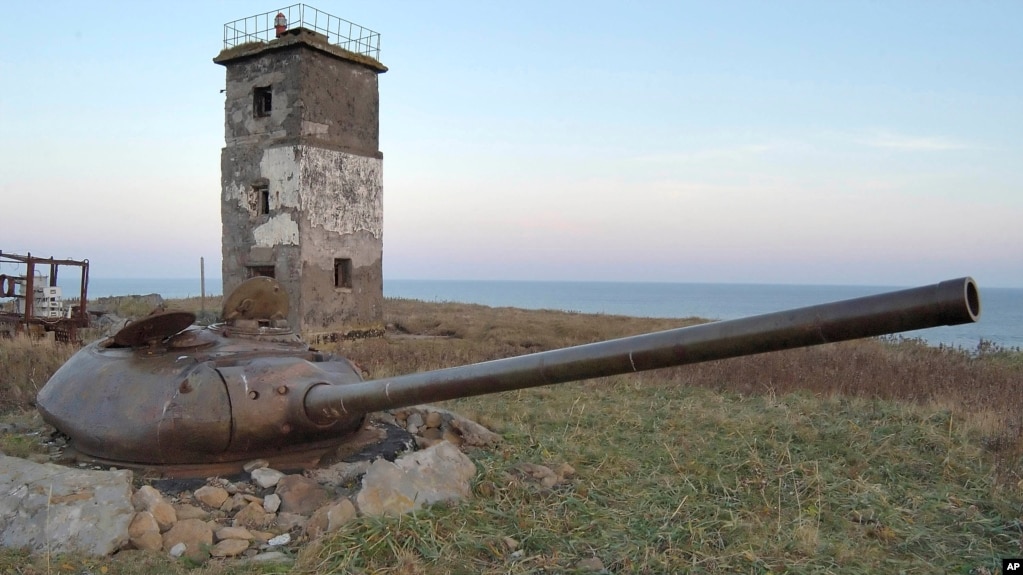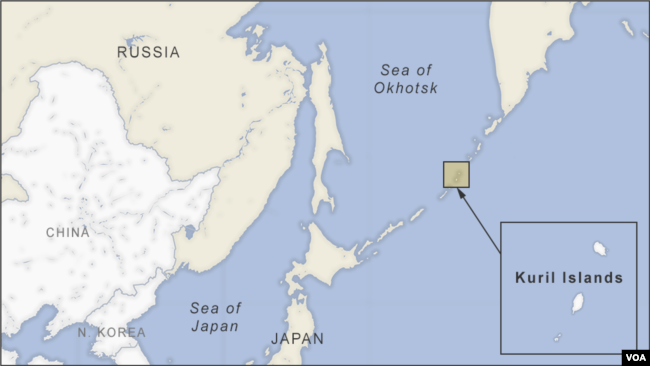Is it time for Japan to join AUKUS?
Rishi Sunak regards the AUKUS technology accelerator agreement with the United States (US) and Australia as ‘the most significant multilateral defence partnership in generations.’
The Prime Minister fully ascribes to Joe Biden’s policy of confronting the People’s Republic of China’s (PRC) more assertive behaviour and continued military modernisation and expansion by strengthening partnerships with strategic allies and partners, such as Japan. Indeed, the United Kingdom’s (UK) Integrated Review asserts that the Indo-Pacific region is ‘critical to our economy, our security and our global ambition to support open societies’ and in future will be ‘the crucible for many of the most pressing global challenges.’
Biden has said the AUKUS agreement will ‘enhance the stability of the Indo-Pacific amid rapidly shifting global dynamics’ and improve ‘the prospect of peace for decades to come.’ In Australia, the government of Anthony Albanese is committed to deepening and expanding its alliance with the US, as well as working more closely with the UK and its industry. The Australian National Defence Strategy also pledges to adopt a ‘focused approach to international engagement’, elevating existing commitments such as AUKUS in national importance.
Japan under scrutiny
So where does that leave the relationship between AUKUS and Japan?
At present, full membership of the group by Japan remains distant, if not inconceivable. A number of politicians in Tokyo are reluctant to support a defence project which has a nuclear element. There is particular disquiet about the implications for nuclear non-proliferation agreements. Furthermore, representatives of a small political party called Komeito – which governs in partnership with the larger Liberal Democratic Party (LDP) – warn that membership of AUKUS could undermine Japan’s efforts to foster cordial relations with the PRC.
Although the Australian government regards Japan as a ‘natural candidate’ for collaboration, Pat Conroy, the Minister for Defence Industry, has set limits on the partnership. He told ABC Radio that any joint projects would be ‘about technological collaboration’ and are therefore ‘not about Japan joining AUKUS.’
Andrew Hastie, the Australian Shadow Minister for Defence, presents himself as a staunch supporter of AUKUS. However, he believes its focus should remain with the three countries already involved.
Naval exercises
None of this prevents the Japan Maritime Self Defense Force from partnering with AUKUS countries. This year, warships and submarines from Japan have been deployed to take part in joint exercises with navies from the Indo-Pacific which aim to strengthen cooperation and enhance mutual understanding. A Japanese flotilla will visit the US, Australia and the Philippines. It will also take part in Operation Kakadu, a set of international drills, hosted by the Royal Australian Navy.
Japan is currently upgrading its fleet of diesel-electric powered attack submarines. These include the Jingei – or ‘speedy whale’ in Japanese – launched in March, which is based at Yokosuka naval facility in Kanagawa Prefecture.
For Japan to commit further to AUKUS, the dilemma over the nuclear issue will need to be resolved. Under the existing treaty, the UK and Australia will collaborate in the design and construction of a new type of nuclear-powered submarine which will go into operation in the early 2040s. Japan joining the agreement in full would see it associated with and implicitly supporting the objectives of this part of the agreement.
Biden has stressed the submarines would be ‘nuclear-powered, not nuclear-armed’. Nuclear subs are seen as superior to those propelled by other methods because they do not require refuelling, and can therefore remain at sea for longer, as well as being harder to detect.
Nevertheless, the PRC has accused AUKUS partners of setting back nuclear non-proliferation efforts. This is a sensitive issue in Japan, particularly as Fumio Kishida, the Japanese Prime Minister, has spoken passionately at the United Nations about the risks posed by a nuclear arms race. The argument goes that if Japan enters into a nuclear arrangement with Washington, London and Canberra, it will undermine its moral authority to express disapproval of, for example, a nuclear deal between Russia and North Korea.
Furthermore, critics maintain that Japan’s full involvement with AUKUS could be regarded as a provocative act towards the PRC.
Japan’s mixed messages to China
The Diplomatic Bluebook, an annual report published by the Japanese Ministry of Foreign Affairs, provides insights into official strategy. The April 2024 edition notes serious concerns over the PRC’s attempts to ‘unilaterally alter the status quo’ through ‘a series of dangerous acts’ in the South China Sea. It also emphasises the importance of deeping Japan’s collaboration with the US and other partners.
However, the Bluebook also urges Japan to promote a ‘mutually beneficial relationship with China based on common strategic interests.’
This could be seen as sending a set of mixed messages. If so, there are two potential explanations. Firstly, the Japanese government has no wish to undermine the diplomatic objectives of the US towards the PRC. The promise of engagement and dialogue was spelled out by Antony Blinken, the American Secretary of State, during his visits to Shanghai and Beijing in April 2024.
Furthermore, diplomats working within Japan’s Ministry of Foreign Affairs understand that there are a range of views on the PRC in their country. For example, the Komeito party, which has its roots in a Buddhist sect, and regards itself as peace-oriented, is seeking to defuse tension with Beijing.
Natsuo Yamaguchi, Komeito’s leader, travelled to the Chinese capital in November 2023 for talks with senior members of the Chinese Communist Party, including Cai Qi, the Chinese Secretary of the Secretariat, who said both countries should ‘accurately grasp each other’s development and strategic intentions.’
In normal circumstances, a confident Prime Minister of Japan would not need to heed the concerns of a small coalition partner when it comes to foreign policy. However, Kishida is not in a strong position. He has been tainted by Japan’s biggest political funding scandal in more than three decades. The majority of media reports suggest his days as leader are numbered.
The Tokyo District Public Prosecutors Office has charged ten people from Kishida’s party, the LDP, with falsely reporting a total of about $US 7 million worth of funds. In response, Kishida has sacked four members of his cabinet. Nevertheless, the case rumbles on and the prime minister constantly faces questions about the issue from opposition politicians and the media. Given his precarious political situation, he may wish to keep on good terms with Komeito, even if its members are not always on his wavelength when it comes to policies on defence and other issues.
The British position
Back in London, the government has been reviewing its Indo-Pacific strategy since Russia’s full-scale invasion of Ukraine. It welcomes the strong support for the Ukrainian cause from Kishida and sees much value in deepening the partnership with Japan.
In early 2023, Tobias Ellwood, then chair of the House Commons Defence Select Committee, suggested that India and Japan should be brought into AUKUS, given their significance to the Indo-Pacific region. The proposal was raised with the then young Australian government of Albanese. Penny Wong, the Australian Foreign Minister, seemed amenable to the idea.
Since then, there has been no more talk of bringing India into AUKUS. India has not condemned Russia’s actions in Ukraine, nor has it joined efforts to punish Vladimir Putin with an energy embargo. Meanwhile, the Russian Navy has conducted patrols near Japan’s home islands in a joint exercise with the Chinese People’s Liberation Army Navy.
For defence planners, the message seems clear. Japan’s government is acutely aware of the security challenges in its region and believes strongly in the value of deterrence. It may not quite be ready to sign up to every aspect of the AUKUS pact at this stage. Its leaders are anxious not to weaken nuclear non-proliferation efforts. Nevertheless, there is still plenty of scope for Japanese admirals to back the objectives of AUKUS members at sea – including underwater.
Duncan Bartlett is the Diplomatic Correspondent for Japan Forward.






